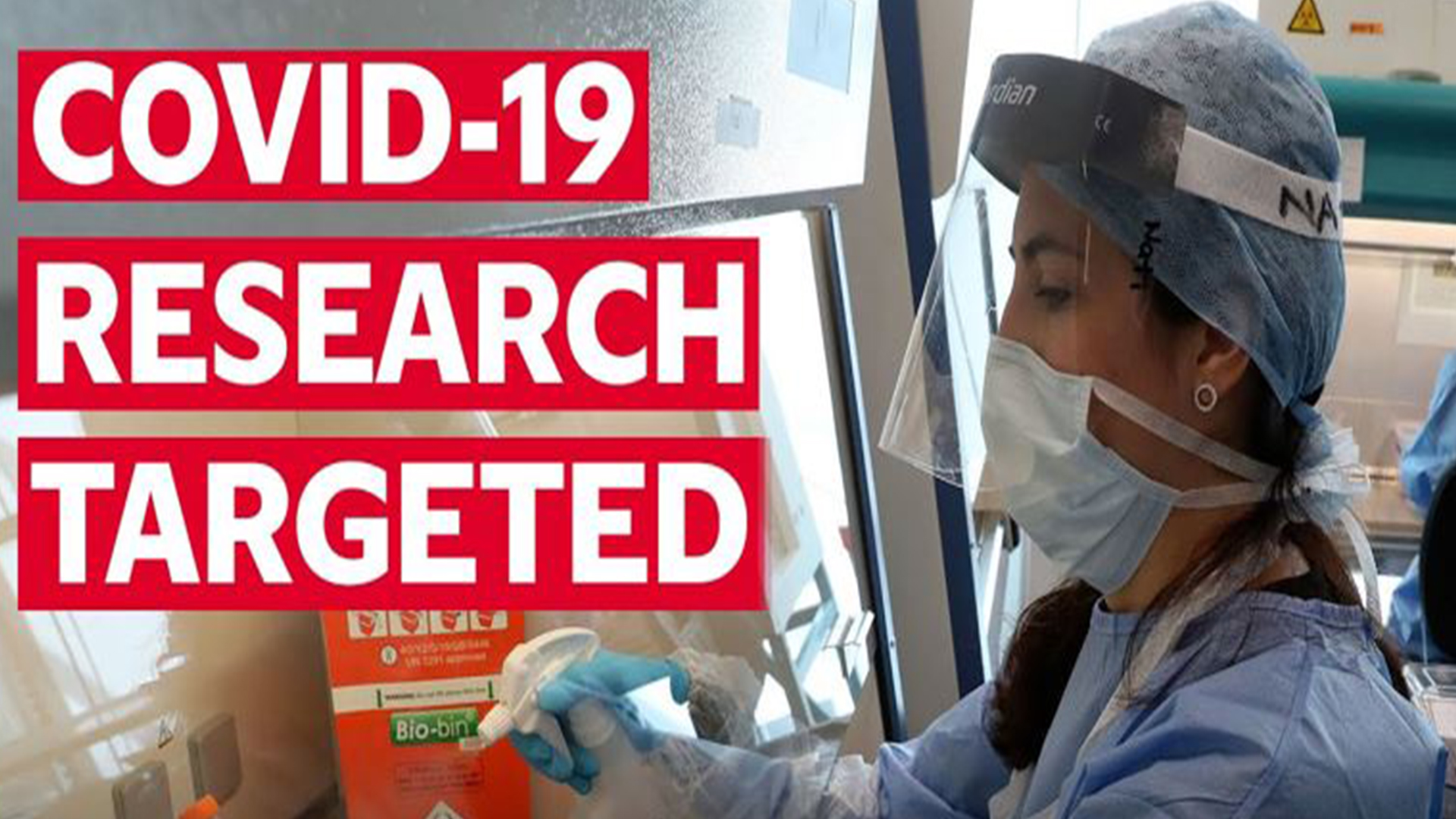4 years ago

Russian spies are targeting organisations trying to develop a coronavirus vaccine in the UK, US and Canada, security services have warned.
The UK's National Cyber Security Centre (NCSC) said the hackers "almost certainly" operated as "part of Russian intelligence services".
It did not specify which organisations had been targeted, or whether any information had been stolen. But it said vaccine research had not been hindered by the hackers. Russia has denied responsibility.
"We do not have information about who may have hacked into pharmaceutical companies and research centres in Great Britain. We can say one thing-Russia has nothing at all to do with these attempts," said Dmitry Peskov, a spokesman for President Putin, according to the Tass news agency.
The warning was published by an international group of security services:
● the UK's NCSC
● the Canadian Communication Security Establishment (CSE)
● the United States Department for Homeland Security (DHS) Cyber-security Infrastructure Security Agency (CISA)
● the US National Security Agency (NSA)
One expert said it was "plausible" that, despite the Kremlin's denials, Russian spies were involved.
"The received wisdom is that in cyber-space, attribution is difficult but not impossible," commented Emily Taylor from the Chatham House think tank.
"Usually the security services are much more hedgy in their language if they think there is any doubt.
"Cozy Bear [the named group] has been implicated in past cyber-attacks and has left quite a trail, and there are fairly good links to the Russian state itself."
The UK, US and Canadian agencies said the hackers had exploited software flaws to get access to vulnerable computer systems, and had used malware called WellMess and WellMail to upload and download files from infected machines.
They are also said to have tricked individuals into handing over login credentials with spear-phishing attacks.
● Phishing emails are designed to trick the recipient into handing over their personal information
● Spear phishing is a targeted and personalised form of the attack, designed to trick a specific individual. Often the email appears to come from a trusted contact, and may include some personal information to make the message seem more convincing
But one cyber-security expert said the Russians were unlikely to be the only ones involved in such a campaign.
"They have lots of people, we have lots of people, the Americans have even more people, as do the Chinese," commented Prof Ross Anderson from the University of Cambridge's Computer Laboratory.
"They are all trying to steal this kind of stuff all the time."
The NCSC calls out a hacking group called APT29, also known as The Dukes or Cozy Bear. It says it is more than 95% certain that the group is part of the Russian intelligence services.
Cozy Bear was first identified as being a significant "threat actor" in 2014, according to the American cyber-security firm Crowdstrike.
It describes the group as being "aggressive" in its tactics and "nothing if not flexible, changing tool sets frequently". The unit has previously been implicated in hacking the US Democratic National Committee (DNC) during the US Presidential election in 2016.
In 2017, it attacked Norway's Labour Party, defence and foreign ministries, as well as the country's national security service.